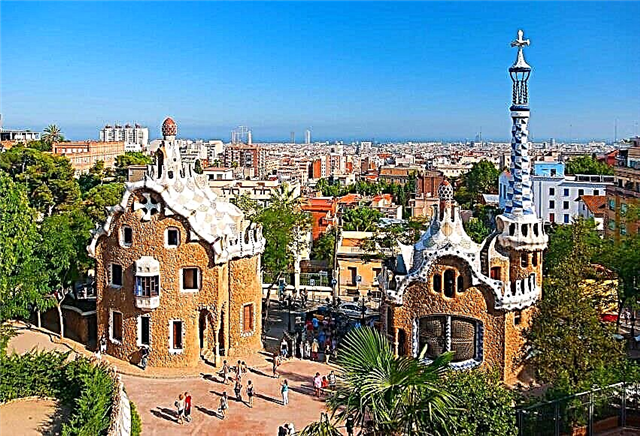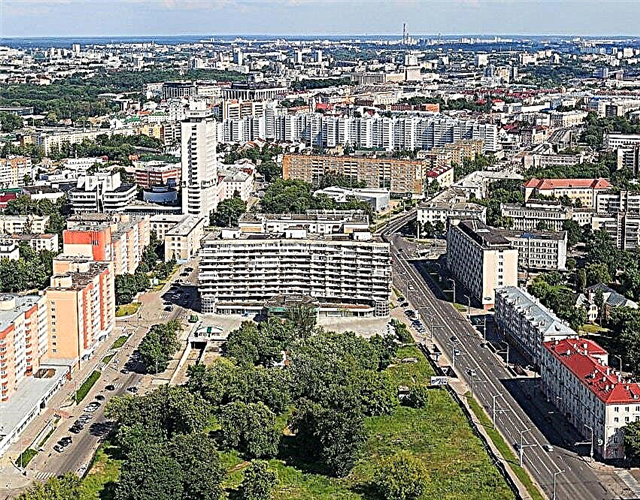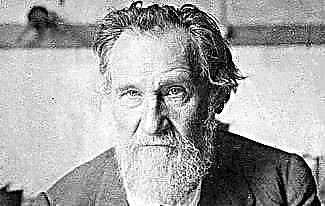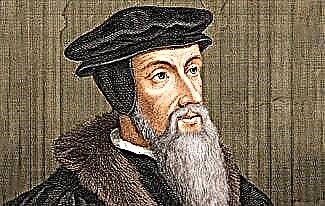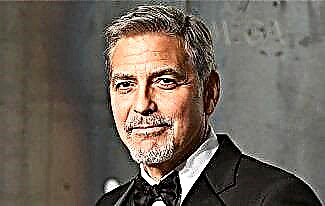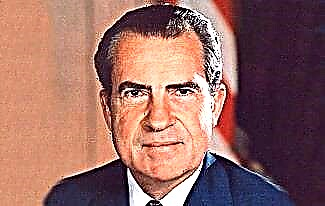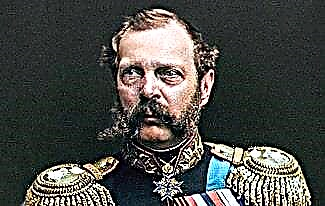Yazykov Nikolai Mikhailovich (04.03.1803 - 07.01.1843) - Russian poet of the Golden Age era, a representative of romanticism.
1. Born into the family of a landowner in the city of Simbirsk (now Ulyanovsk).
2. The first publication of his poem dates back to 1819, when the young poet made his debut in the publication “Competitor of Enlightenment and Benevolence”.
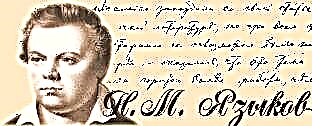
3. Had a sister, Ekaterina, who married another Russian poet and philosopher Khomyakov A.S.
4. During his student years, he achieved recognition from the leading Russian poets of his time - Zhukovsky, Delvig and Pushkin.
5. He was educated at the University of Dorpat for seven years (1822-1829), but never graduated due to his excessive passion for revelry and love affairs.
6. During a short departure from Dorpat while studying in Trigorsk (Pskov province, now - Pskov region), I met with Pushkin, who was serving his exile at that moment.
7. While living in the Yazykovo estate in the first half of the 1830s. showed interest in homeopathy, was engaged in the translation of a German book devoted to this branch of knowledge.
8. In 1833 he met Pushkin again, this time in his own Yazykovo estate, where for several years he indulged in, in his own words, “poetic laziness”.
9. In the first half of the 1830s, he first became interested in the movement of the Slavophiles and began to get closer to them. The Slavophils defended the originality of Russia and its significant differences from the Western world.
10. The rapprochement of Yazykov with the Slavophiles was primarily facilitated by the husband of his sister Catherine, A. S. Khomyakov.
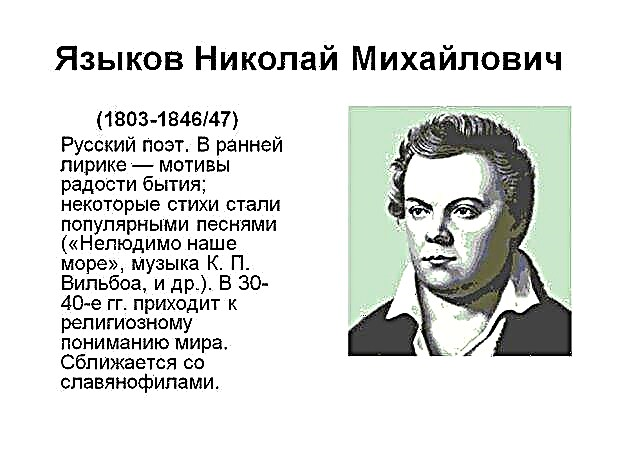
11. Due to the riotous lifestyle in his student years, the poet's health was undermined early, already in 1836 the first serious problems appeared. The poet was diagnosed with syphilis.
12. He underwent medical treatment abroad, where he was sent by the famous Russian doctor of that time, FI Inozemtsev, at the resorts of Marienbach, Kreuznach, Hanau, Ganstein, as well as in Rome and Venice. During treatment I met with N.V. Gogol.
13. For some time he had very close friendly relations with N. Gogol, who admired Yazykov as a poet. Their enthusiastic friendship eventually faded away, but they corresponded for a long time.
14. N. Gogol considered the work “Earthquake” by Yazykov to be the best poem of all written in Russian.
15. During the last years of his life - 1843-1847, the seriously ill poet lived in Moscow, not leaving his apartment and slowly dying. For the rest of his life, however, he held literary meetings every week.
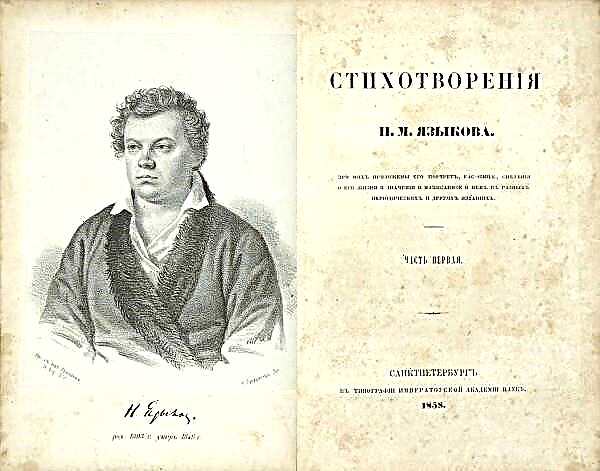
16. Towards the end of his life he switched to radical Slavophil positions, sharply and sometimes too harshly criticized the Westernizers. For this he was subjected to pejorative criticism from Nekrasov, Belinsky and Herzen.
17. Yazykov never married and had no children (at least, reliably known).
18. Died on 26.12.1847, was buried first in the Danilov Monastery, next to his friends Gogol and Khomyakov. In the 30s of the 20th century, the remains of all three writers were reburied at the Novodevichy cemetery.
19. The personal library of NM Yazykov, which remained after his death, numbered two thousand two hundred and thirty-five books. It was inherited by the poet's brothers, Alexander and Peter, who eventually donated all the books to the library in the Yazykovs' hometown of Simbirsk.
20. In Yazykov's poems, hedonistic, anacreontic motives prevail. The light and at the same time wordy style of his language is distinguished by great originality.
21. Among his poems critics most noted such works as "Earthquake", "Waterfall", "To the Rhine", "Trigorskoe". He wrote a poetic message to Pushkin's famous nanny, Arina Rodionovna.

